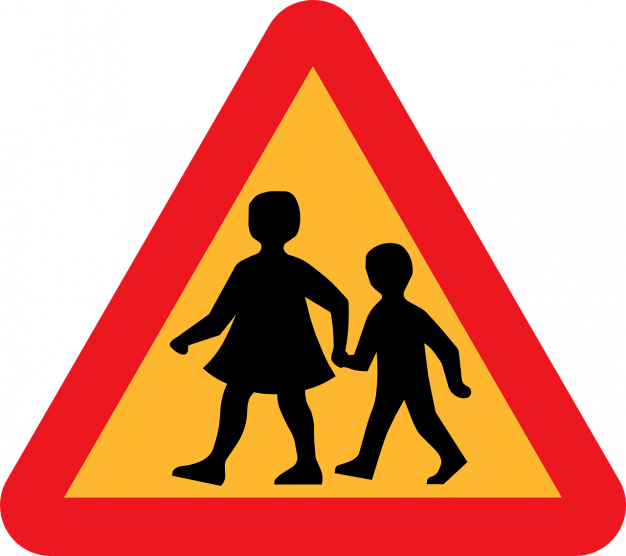
New global guide for supporting road safety champions
Children remain one of the most vulnerable groups of road users, and so the LEARN Guide is a vital new resource of information and support aimed at supporting road safety advocates across the world.
It has been published by The Global Alliance of NGOs for Road Safety and the International Road Federation (IRF) who together tackle specific road safety challenges and solutions including 30 km/h zones, which are especially relevant to the safety of youngsters on the roads.
This new LEARN (Learn, Examine, Act, Replicate, Network) programme has already been successfully trialled in six African countries, Cameroon, Kenya, Senegal, Tunisia, Uganda, Zambia, bringing together government and municipal leaders, NGOs and other key stakeholders.
Structured in six straightforward steps, coupled with templates and advice, the main objective of LEARN is to enhance road safety data collection and management in African countries and to contribute toward halving the estimated 744 deaths resulting from road crashes on African roads every day according to the World Health Organisation.
‘Road safety decision-making must be based on evidence’
Road safety data management is one of the areas highlighted in both the Global Plan for the Decade of Action for Road Safety 2021–2030 (Global Plan) and the African Road Safety Charter. The need for multi-stakeholder collaboration has been highlighted as key to improving road safety data, especially in low- and middle-income countries.
Lotte Brondum, Executive Director of the Alliance, said, “NGOs can play a pivotal role in supporting their governments to achieve a 50 per cent reduction in road deaths and injuries. The Global Plan tasks civil society with augmenting the evidence base and bringing the perspectives of communities. This guide is equipping NGOs in Africa to do just that. We are delighted to work with IRF on this important program and thank TotalEnergies for providing financial support to make it possible.”
Susanna Zammataro, Director General of IRF, said, “Road safety decision-making must be based on evidence and data, but sometimes specific, contextual data is not available. Through the formation of powerful multi stakeholders’ coalitions, LEARN is not only helping to address this gap, but building also capacity at different levels and strengthening action in Africa by enhancing collaboration and coordination.”
Click here for more on the LEARN guide.
Click here for more on the Global Alliance of NGOs for Road Safety’s work on behalf of children and young people.




